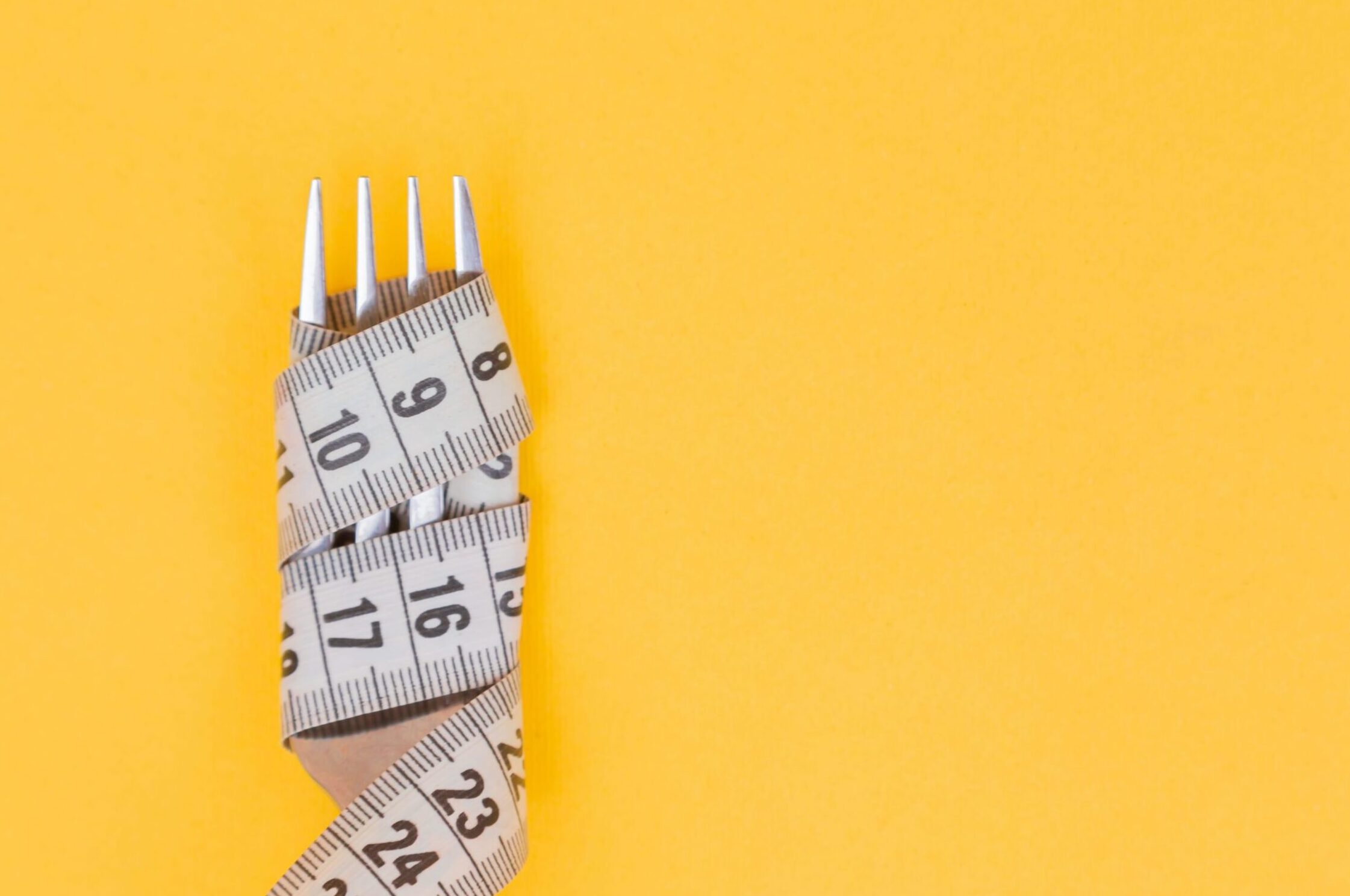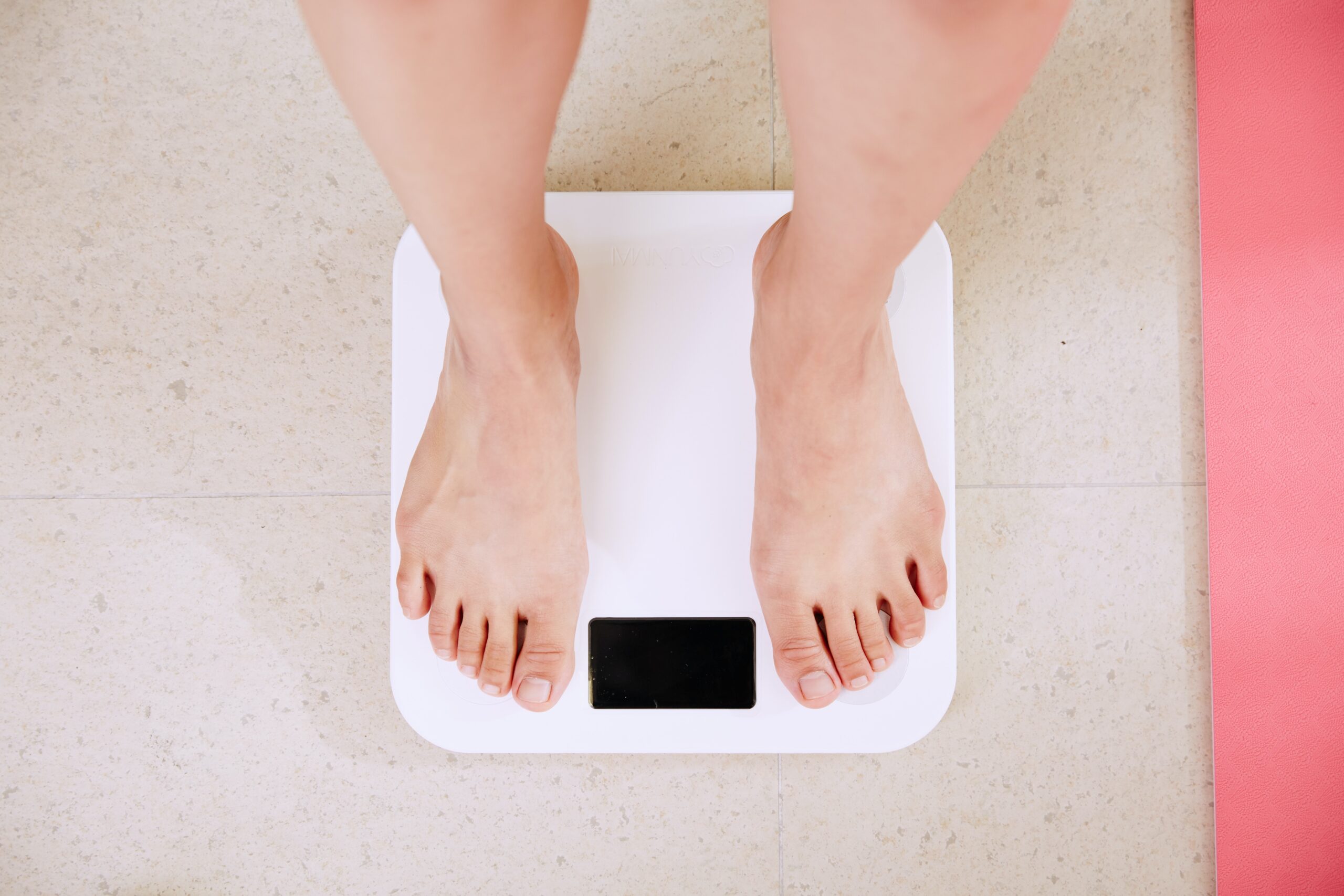Losing weight can feel like an uphill battle, with countless diets and programs promising quick results but ultimately leaving you feeling defeated. It’s frustrating, we get it! But fear not, my friend, because today we’re going to dive into the secrets of sustainable weight loss. Yes, you heard that right – a plan that actually works and allows you to keep those pesky pounds off for good! So put away the crash diets and let’s explore the science-backed strategies that will help you shed those extra pounds without sacrificing your sanity or happiness. Get ready to embark on a journey towards a healthier, happier version of yourself – one where lasting weight loss is truly within reach!
Why most weight loss programs don’t work
It’s no secret that many weight loss programs out there simply don’t deliver on their promises. You’ve probably experienced the frustration of trying one program after another, only to find yourself back at square one. So why is it that most weight loss programs ultimately fail?
One major reason is that they often rely on restrictive diets or extreme calorie-cutting measures. While these methods may lead to initial weight loss, they are not sustainable in the long run. Sure, you might drop a few pounds by drastically cutting your food intake or eliminating entire food groups, but eventually, your body will rebel against such deprivation.
Another common pitfall with many weight loss programs is the lack of focus on behavior change and mindset. Losing weight involves more than just what you eat – it requires understanding and addressing the underlying habits and emotions driving your relationship with food.
Additionally, unrealistic expectations set by these programs can sabotage your progress. Promises of “lose 10 pounds in a week” may sound enticing but are often misleading and unhealthy. Sustainable weight loss takes time and requires gradual changes to ensure lasting results.
Accountability plays a crucial role in successful weight management. Many commercialized programs provide temporary support without teaching individuals how to maintain their success once they’re off the program.
Now that we’ve explored why most weight loss programs fall short let’s dive into what science tells us about effective strategies for shedding those pounds sustainably!
The science of weight loss
The science of weight loss is a complex and fascinating subject. It involves understanding how our bodies store and burn energy, as well as the role that hormones and metabolism play in the process.
One key aspect of weight loss is creating a calorie deficit – consuming fewer calories than your body needs to maintain its current weight. This can be achieved through a combination of eating less and increasing physical activity.

However, it’s important to note that not all calories are created equal. The quality of the food we eat also matters. Highly processed foods high in sugar and unhealthy fats can lead to weight gain, while whole foods like fruits, vegetables, lean proteins, and whole grains provide essential nutrients while keeping you satisfied.
Another important factor in weight loss is understanding the role of hormones such as insulin and leptin. These hormones regulate appetite and metabolism, so maintaining stable levels is crucial for sustainable weight management.
In addition to diet, exercise plays a vital role in supporting weight loss efforts. Regular physical activity helps increase muscle mass, which boosts metabolism even at rest. It also improves cardiovascular health and overall well-being.
While there are many factors involved in successful long-term weight loss, having a solid understanding of the science behind it can help guide your approach. By making informed choices about what you eat and how you move your body, you can create lasting change for better health.
How to create a sustainable weight loss plan
Creating a sustainable weight loss plan is essential for long-term success. It’s not about quick fixes or crash diets, but rather adopting healthy habits that you can maintain for life. Here are some tips to help you create a plan that will work for you.

Set realistic goals. Don’t aim to lose 20 pounds in a week – it’s neither healthy nor sustainable. Instead, focus on losing 1-2 pounds per week, which is considered a safe and achievable goal.
Find an eating plan that suits your lifestyle and preferences. Whether it’s counting calories, following a specific diet like keto or Mediterranean, or simply focusing on whole foods and portion control, choose something that you enjoy and can stick with in the long run.
Next, make sure to include regular physical activity in your plan. Find activities that you enjoy – whether it’s dancing, cycling, swimming or jogging – and try to incorporate them into your daily routine.
Additionally, don’t forget the importance of sleep and stress management in weight loss efforts as they can greatly impact your overall progress. Furthermore, stay consistent with your plan but allow yourself flexibility as well – it’s okay to indulge occasionally as long as it doesn’t become the norm.
Lastly, seek support from friends, family or even online communities who share similar goals – having someone to keep you accountable and motivated can make all the difference.
Remember, creating a sustainable weight loss plan takes time and patience – it’s not about perfection but progress over time.
What to eat for sustainable weight loss
When it comes to sustainable weight loss, what you eat plays a crucial role. The key is to focus on nourishing your body with nutrient-dense foods that will keep you feeling satisfied and energized throughout the day.
One of the first steps towards creating a healthy eating plan for weight loss is to prioritize whole, unprocessed foods. These include fruits, vegetables, lean proteins, whole grains, and healthy fats. Incorporating these into your meals can provide essential vitamins, minerals, and fiber while keeping calories in check.
Another important aspect is portion control. It’s not just about what you eat but also how much you eat. Pay attention to serving sizes and aim for balanced meals that include a mix of protein, carbohydrates, and fats.
It’s also beneficial to incorporate plenty of fruits and vegetables into your diet. They are low in calories but high in nutrients and can help fill you up without overloading on calories.
Additionally, don’t forget about hydration! Drinking enough water throughout the day can support weight loss by keeping you hydrated and helping with digestion.
Be mindful of your snacking habits. Instead of reaching for processed snacks or sugary treats when hunger strikes between meals, opt for healthier options like nuts or Greek yogurt which provide protein and good fats.
To sum up: Focus on incorporating whole foods into your diet while being mindful of portion sizes. Prioritize fruits and vegetables as well as staying hydrated throughout the day. Opt for nutritious snacks instead of processed ones when hunger strikes between meals
Exercise for sustainable weight loss
Exercise is a key component of any sustainable weight loss plan. Not only does it burn calories, but it also helps to build muscle and increase metabolism. But what type of exercise should you be doing? The answer is simple: find something that you enjoy! Whether it’s going for a run, taking a dance class, or hitting the gym, finding an activity that brings you joy will make it easier to stick with your exercise routine.
When it comes to exercising for weight loss, consistency is key. It’s better to do shorter workouts more frequently than long workouts sporadically. Aim for at least 150 minutes of moderate-intensity aerobic activity or 75 minutes of vigorous-intensity aerobic activity each week. This can be broken down into smaller chunks throughout the day if needed.
Incorporating strength training into your exercise routine is also important for sustainable weight loss. Building lean muscle mass not only helps to improve body composition but also increases overall calorie expenditure.
Remember that exercise shouldn’t just be about burning calories; it should also be enjoyable and fulfilling. Find activities that bring you happiness and make them part of your regular routine. And don’t forget to listen to your body – rest days are just as important as workout days.
So lace up those sneakers, grab a friend if you’d like some company, and get moving! With consistent effort and enjoyment in your chosen activities, exercise can become an integral part of your sustainable weight loss journey
Sustainable weight loss success stories
In the journey towards sustainable weight loss, one of the most inspiring aspects is hearing about real-life success stories. These individuals defied the odds and achieved their goals through determination, hard work, and a commitment to making lasting lifestyle changes.
Take Sarah, for example. She had struggled with her weight for years and tried numerous diets without success. Frustrated but not willing to give up, she decided to take a different approach this time around. Instead of focusing solely on quick fixes or restrictive meal plans, Sarah focused on creating balance in her life.
She incorporated regular exercise into her routine by finding activities she enjoyed such as hiking and dance classes. She also made small but significant changes to her eating habits – swapping out processed foods for fresh fruits and vegetables, choosing lean proteins over fatty meats, and practicing portion control.
Over time, Sarah lost weight steadily and sustained it because she was no longer depriving herself or following strict rules that were impossible to maintain long-term. Today, she continues to lead an active lifestyle and enjoys a healthy relationship with food.

Then there’s John who was determined to lose weight after being diagnosed with high blood pressure. He knew he needed professional guidance so he sought help from a registered dietitian who helped him develop an individualized plan tailored to his needs.
John learned about proper nutrition and how certain foods can affect his health positively or negatively. With this newfound knowledge, he began making healthier choices like cooking meals at home instead of relying on takeout and incorporating more whole grains into his diet.
As weeks turned into months, John saw steady progress on the scale while also noticing improvements in his overall well-being; his blood pressure dropped significantly along with his cholesterol levels. Inspired by these positive changes, he continued working towards maintaining a healthy lifestyle even after reaching his initial weight loss goal.
